|
I am happy to announce that Ibasho will be representing some of my works from odyssey/reflect series.Will be very happy to see you at this event.
Andrew Matthews and I completed the video "sign". This video projected our ideas that "the life is movement", performed by the students of class "Nitadori" in college Paul Eluard, Vermelle. The movements are based upon a project developed on signature by Waren Boyeau. The art teacher Laetitita Nivaigne named the class after my family name and invited me to meet them. The students created movements based upon my explication of what" Nitadori" means (Like a bird) and combined and appropriate the movements. They also chose movements that they liked from their classmates and performed alone, in pairs and in a group.
We chose Right Start (Unfinished Outtake) Talking Heads, ℗ 2005 Warner Records Inc. as we wanted this video to compliment our rough images with uplifting feeling that articulated our notion on movements and aesthetic choices. Please contact me if you want to see it!
We are pleased to announce the publication of the book Photography? End?
Title: Photography? End? Seven visions and seven photographic experiences Content: The book consists of individual interviews with seven Japanese artists, based in Japan and abroad. They are working together as an artist collective under the same name as this book title - Photography? End? The members are: Yuji Hamada, Ken Kitano, Miki Nitadori, Yuki Onodera, Naruki Oshima, Risaku Suzuki and Kazuyoshi Usui. The interviews were conducted and edited by curator Mitsuhiro Wakayama, who asks how the artists had come to adopt the medium of photography in developing their work and what role it has played in their creation up to now. The book explores the work of each of the artists, revealing both their shared and contrasting qualities as they are. The artists hope this could be a starting point for the reader to discover or question what contemporary photography may be. Each of the interviews is accompanied by color and black and white photographs that illustrate the respective works and creative processes of the artists. In addition to the standard edition, there is a special edition of 30 boxed sets, comprising the book together with one original object from each of the seven artists (such as film, photographic prints, or sound files) relating to their creative process. Publisher: Magic hour edition, Interviewer/ Editor: Mitsuhiro Wakayama Design: Yuri Suyama Translation: Gavin Frew Proof reading (Japanese): Fuyuki Ono Proof reading/ editor (English): Susan Chikuba Publishing date: June 10 2022 First printing: 1,500 copies / Special edition 30 copies Languages: English/ Japanese Size: A5, 148 x 210 mm Total Pages: 196 (text: 124 pages, photographs: 72 pages) ISBN: 978-4-600-00839-0 For further inquiries about the book and press images, please contact Magic Hour Editon at: magic.hour.edition(at)gmail.com
After very busy last 2 years, we are catching back with our works. I hope you enjoy it!
Thank you Laskarina Liakakou ! https://ampa.lifo.gr/%CE%B1%CF%84%CE%B1%CE%BE%CE%B9%CE%BD%CF%8C%CE%BC%CE%B7%CF%84%CE%B1/aytes-oi-fotografoi-allazoyn-to-parelthon-choris-chronomichani/
I was invited by the Maison de l'image to be the main exhibit for Mois de la photo, Grenoble with Aletheia Casey. This project, based on the work Odyssey : Reflect, was absolutely the the most challenging and complete experience that I have been able to share. There was a one-hour performance by Anthropologist and Buto dancer Marivi Haro with artist Eleonore Mecoli. Eleonore read an extract of text from "No no boy" by John Okada, recommended by the French translator Anne-Sylvie Hommasel (the book is available at https://www.editionsdusonneur.com/livre/no-no-boy ). Eleonore opened the performance by walking around the picnic table anti-clockwise, reading the text then Marivi slowly came into the scene. Eleonore's circular movement made a strong sense in the textual context, wherein the audience were moving back in time and deeper into their physical & emotional experience. Marivi's entrance from bright white light to the warm lighting was dramatic. Her costume, movements and being were reincarnated in the spirit of the Japanese-Americans, especially the mother of Ichiro. In the climax of her performance, one sheet of the balcony image with two boys dropped with a big sound, while she rose up with the images of children sewed into her Jiban( the kimono). When the performance ended, Marivi stayed for a long moment on the soil beneth the centrepiece, continuing the link between installation and performance. This was very successful, in that it completed the installation and the work as a whole. I was moved to see the old Library and the work together. In this exhibition, there were pieces that I have never shown to the public, which was also a challenge. One gets used to presenting works in certain ways. For me this is the most important part to be conscious of - to be site specific and take context into account. With this particular installation and exhibition in Grenoble, I am attempting to show the relationships in the idea: “For the future of the children”. This emphasis, whilst sharing historical photographs and values that have been important to the Japanese-Americans, is upon the future. There were many collaborators, starting with the people who work in the Maison de l'image - Benjamin Bardinet & Yuliya Ruzhechka and their volunteers (especially Luis), ESAD (Beaux-art) in Grenoble, Inge Linder-Gaillard, Pascale Riou and their students, ENSAG (School of Architecture) and special thanks to David Wolle , l'association Treto and the students. I would also like to give my deepest gratitude to Claire Nocolas-Fioraso (photographer) and her team for her positive attitude and hard work. I also wish to thank Jean Raffort (Grenoble City Council), Nadir Rajab (responsible for the maintenance of the Ancien Musée de Peinture), Philippe Veyrunes (artist) and Nathalie Muchamaud (artist), Andrew Matthews (architectural planning, organization and assistance), Michel Prilliez of Techniplan (printer), Claude Vaissier (production of original works), Vi ceramiques (transfer on porcelain), Valerie Millet (edition sonneur), Yarli Allison (artist) and Thomas Hardy. We all hope that after the lockdown, which sadly struck within 48 hours of the opening, the exhibition will be open to visitors once again.
I received the two copies of le monde diplomatique in my post box. I was little surprised by the title of the text.
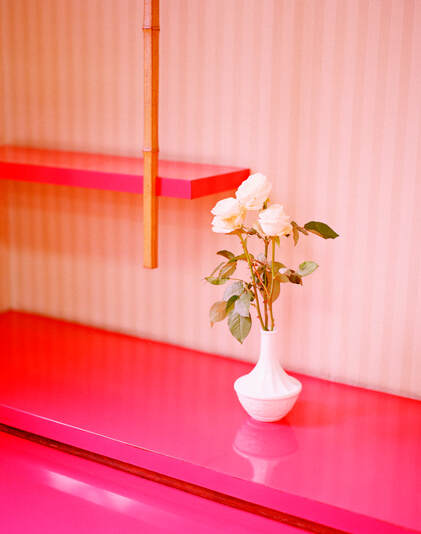 Kazuyoshi Usui's “Showa Trilogy” imagines how Japan would have been if the Showa Era in which we were born had not ended. He confronts us with a vision that blurs the distinction between fiction and reality in a setting that resembles the “real Japan”, but one that has now almost disappeared with the advent of the Olympic Games in the summer of 2020. His photographs do not constitute a fictional narrative, but rather function like headlines that invite spectators to create their own interpretation. Exploring the same theme of the imagined continuation of past time, the artist Yuki Onodera (another photographer participating in the project, Photography? Why? www.photographywhy.com), in her series “Below Orpheus”, adopted a different approach, excluding all signs of physical human presence from her images, in which the locations in and Spain and New Zealand are photographed in a way evoking suspense, as if the viewer is invited to look for traces of some disappeared person. Kazuyoshi’s work, on the other hand, frequently adopts a still life approach, presenting room interiors that are rich in details such as cheap plastic flowers, a skull, a carpet and old landline telephone. One of the photographs presented in this exhibition shows a plastic rose displayed in a Tokonoma (alcove). This flower can be interpreted as a metaphor of what is magnificently inexpensive, convincingly bold and eternally living, yet quickly consumed, in parallel to the way people lived during the Showa years. Many people who did not grow up in Japan could imagine these images to be depictions of either present-day Japan or of past Japan. Yet the country he depicts is one that the majority of people brought up in post-war Japan have never experienced. They may recognize certain elements shown within the photographic frame, but have never known this Showa era first hand, other than from watching some movies made in the 1970s and a few TV programs from the 1980s. Kazuyoshi's works are full of the kind of contradictions that are quite real in the context of everyday life. The people shown in this series, both real and fictional, can all be seen as marginal characters that it would have been unlikely to encounter in the typical shotengai (shopping street) of former times. It can be supposed that they come from somewhere quite special, at once spiritual, dark, dubious and bright. Kazuyoshi’s photographs are infused with research and a magical imagination superimposed with chance encounters in real life. This is not merely a question of choosing to spend time with marginal people met at random and subsequently photograph them. In some cases, Kazuyoshi visited places over a period of more than 5 years before taking photographs. The duality of human existence can be rife with contradiction. After the passage of new legislation in 1984 intended to combat Yakuza gangsters, the latter transformed themselves into slick, western-style businessmen. By the time the economic bubble burst in the late 1990s, Japan had come to resemble any typical western country embracing values of clean minimalism and sober design. Nobody wanted to remain stuck in a tacky, cheap and sweaty marginal lifestyle in Japan. Moreover, the reality of the Showa era, it could be demonstrated, was characterized by a considerably grimier and grayer aspect, where everybody sought to look alike. It was less colorful period, generally devoid of the eye-catching individuals featured in Kazuyoshi's photographs. It may be that nobody had ever wanted to live this way, yet this was all they had known after the Second World War. Nonetheless, through Kazuyoshi's photographs, true beauty can be discerned in this way of living with courage and dignity while displaying an aptitude for self-acceptance and even self-deprecation. It is to be borne in mind that Japan was considered a third world country until the early 1960s. Like other countries in Asia, Japan turned its back on this period of poverty, in which survival through strength in any way possible had been the rule. In Kazuyoshi’s work, there is that strength and energy of people being ready to laugh at themselves, accepting whatever life may throw at them and being proud of not merely surviving, but living. Propositions curatoriales :
Léa Bismuth / Nicolas Boulard, Sabrina Vitali - Denis Curti / Lady Tarin Valérie Fougeirol / Stéphanie Solinas - Fanny Lambert / Eric Rondepierre Miki Nitadori / Kazuyoshi Usui - Victor Mazière / Carole Fékété - Pascale Obolo / Rita Alaoui - Marguerite Pilven / Maike Freess, Jessica Lajard, Olivier Leroi Galeristes, éditeurs et antiquariats Asymetria (Warsaw) - Baudoin Lebon (Paris) - Ibasho (Antwerpen) - Folia (Paris) - the (M) éditions - Le Plac’art Photo (Paris) Chambres à louer «La collectionneuse» : La Méduse, Room 31 - Julie Barrau - Pierre Escot - Corine Borgnet - Jean-Baptiste Lallau - Maire Gayet / Low Art, Guacolda & Lionel Tua - Jean-Marc Tingaud - Un livre une image Partenaires & Programmation Centre Wallonie Bruxelles | Paris - Festival Ovni - Artéfact - L’ahah Guest : Le Banquet versus Ryoko Sekiguchi avec la complicité des chefs étoilés de Virtus, Chiho Kanzaki & Marcelo Di Giacomo, Paz Levinson Le Registre Acte 2 : Nathalie Leleu Soirée épos : Pierre Escot & David Fenech Black Light : Clara Kern Performance : Estera Tajber Vente à la chandelle Dimanche 23 février 2020 à 19h Oeuvres choisies et inédites des artistes de l’Antichambre LIEU : Hôtel La Nouvelle République 9 rue Moret 75011 Paris Invitation valable également pour les Visites le Samedi 22 et le dimanche 23 février 2020 de midi à minuit uniquement sur inscription : altavoltaagency.net Very happy to announce that I will be participating in the Biennale International de Casablanca in 2020.
I worked quite intensively from beginning of September for this project presentation & residency.
http://photographywhy.com/( no longer avaiable.soon will be a web page again.)
In February, I was happy to be invited to do a commercial for Lexus for Figaro with Miguel Chevalier. It is now published.
|
AuthorMiki, an artist, that questions and propose to share experiences with another. Archives
November 2023
Categories |
||||||||||||||||||||||||||||||||

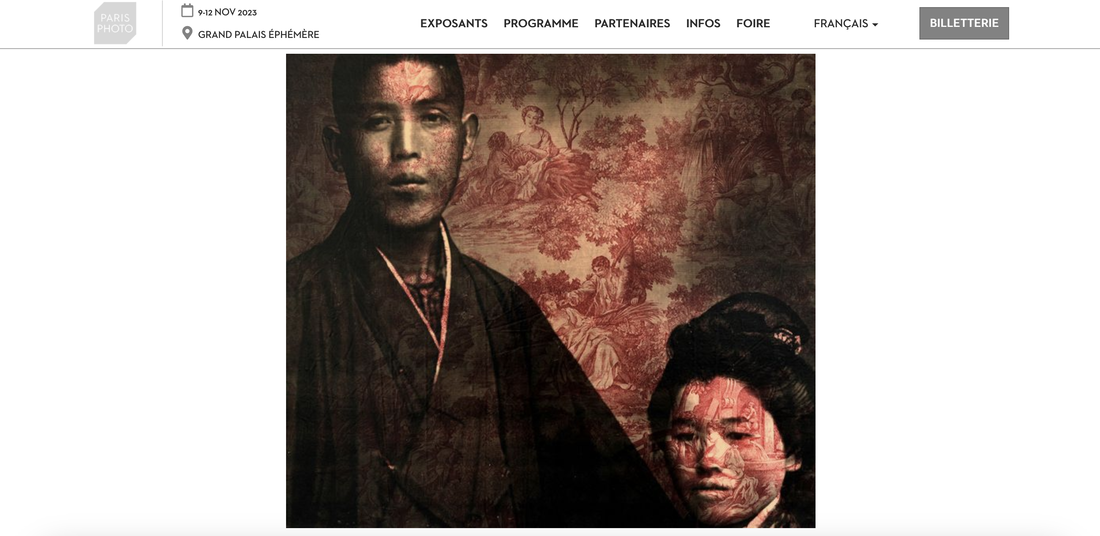
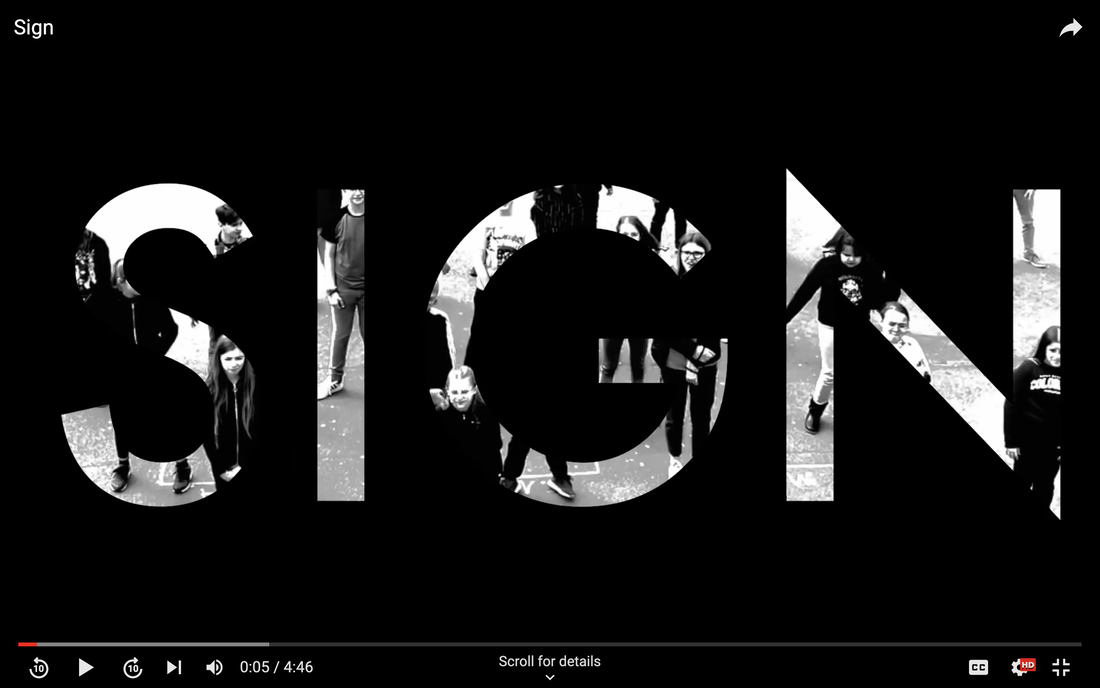
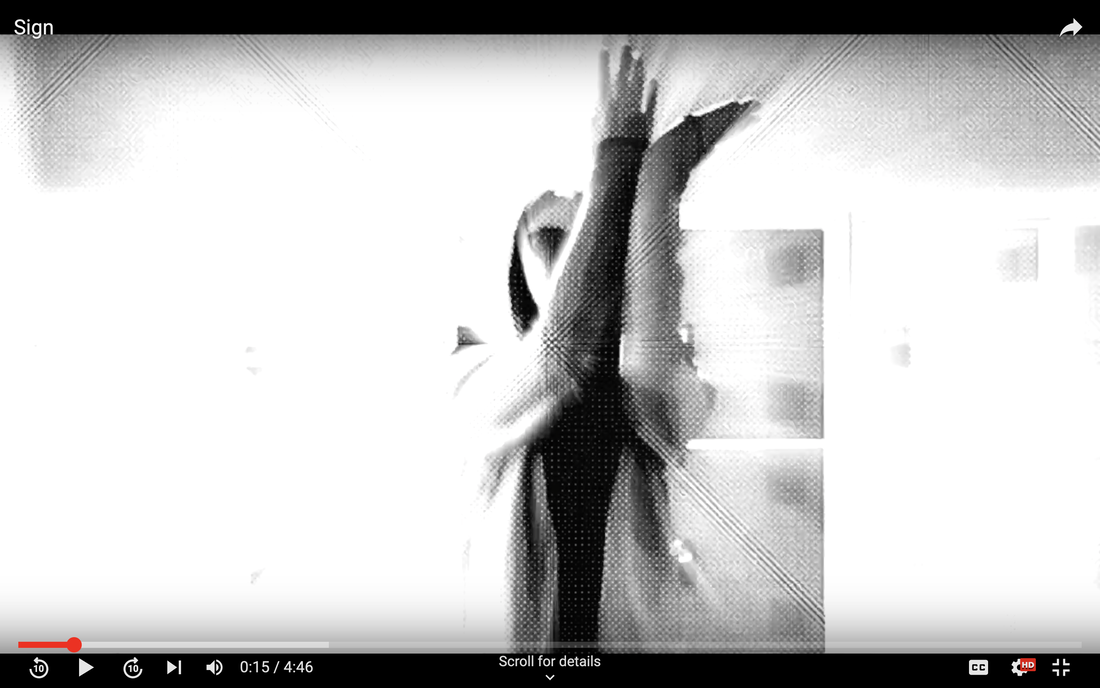
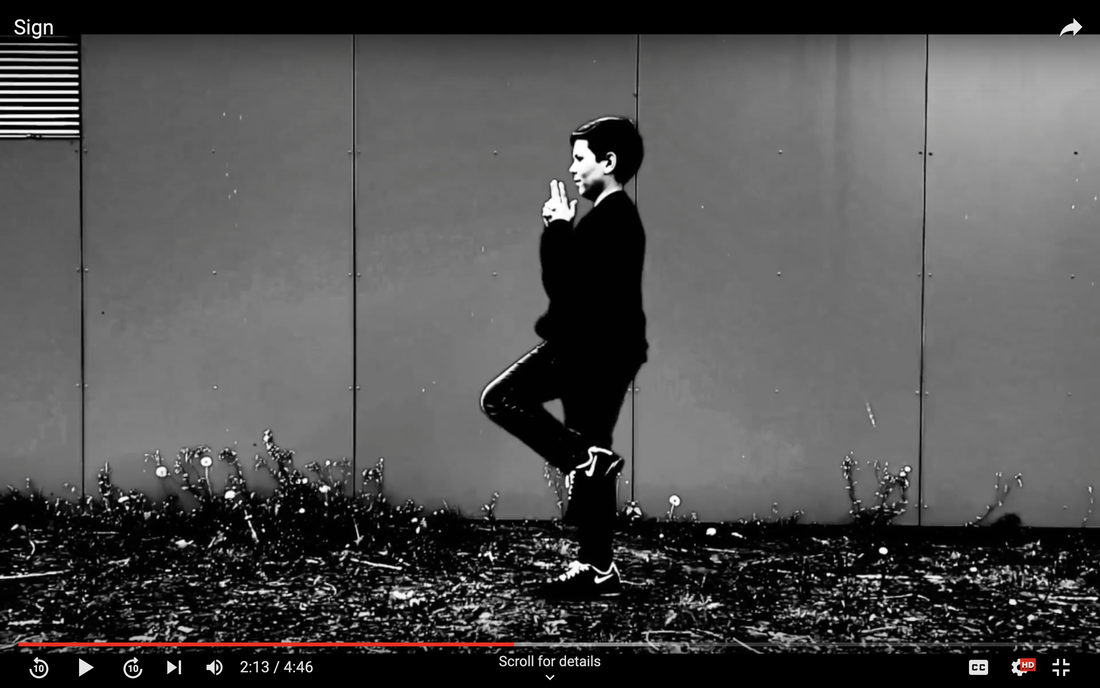
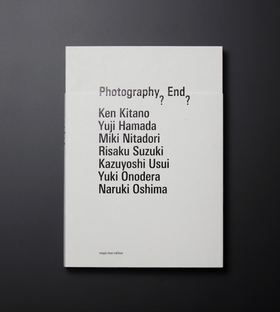
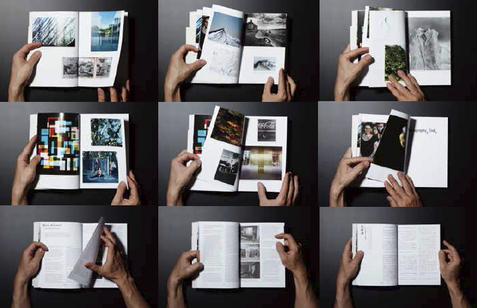
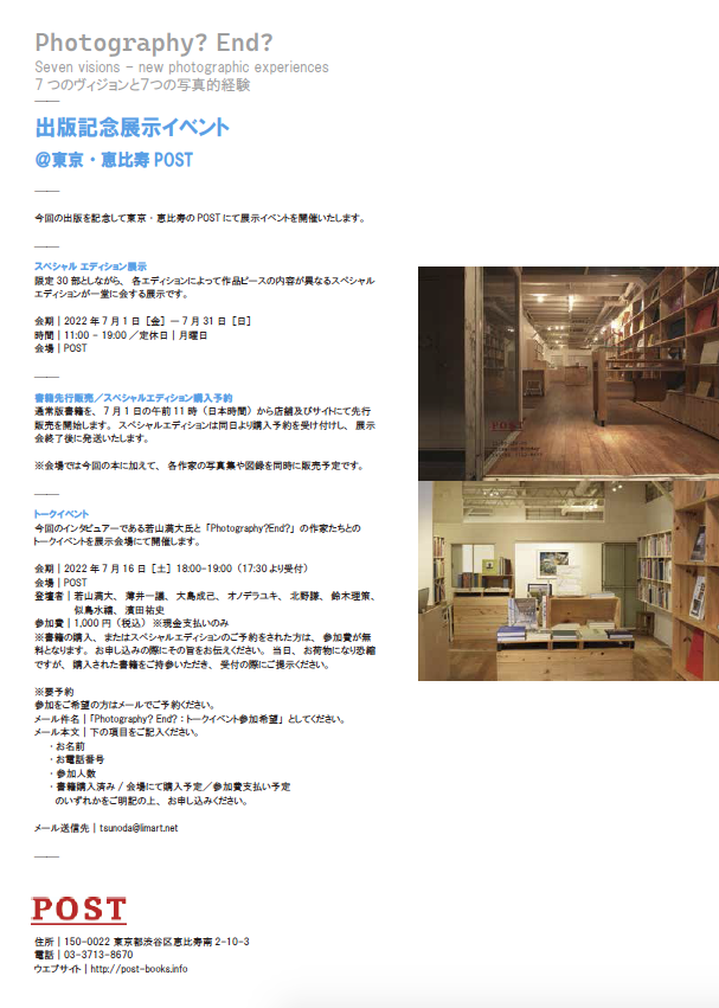
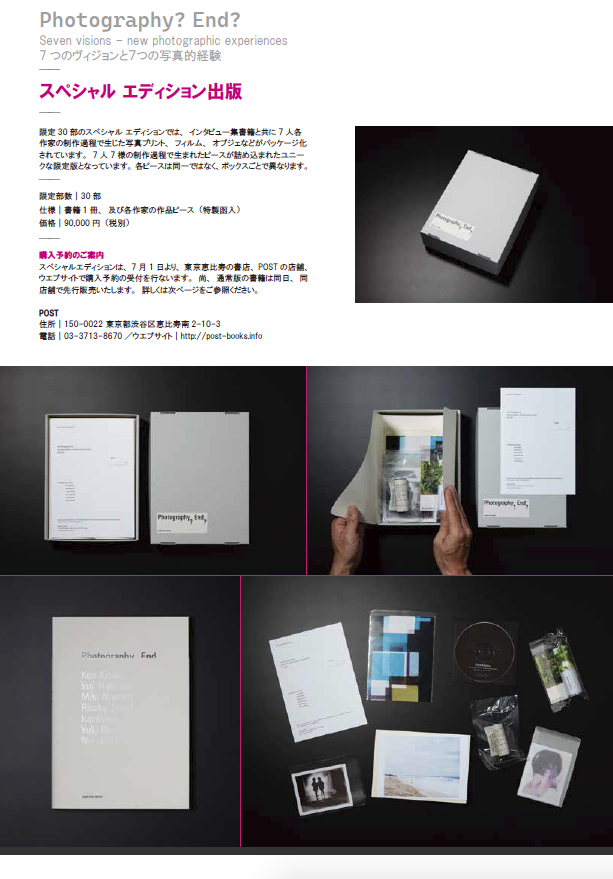
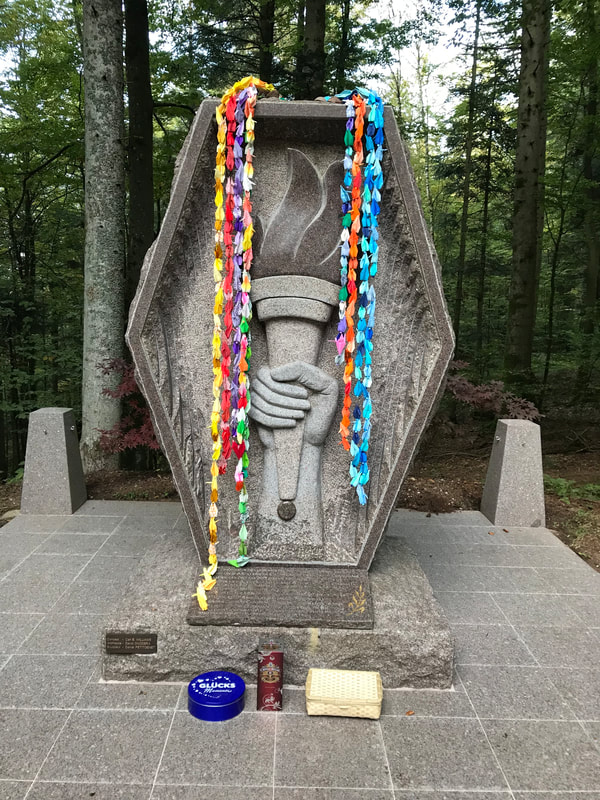
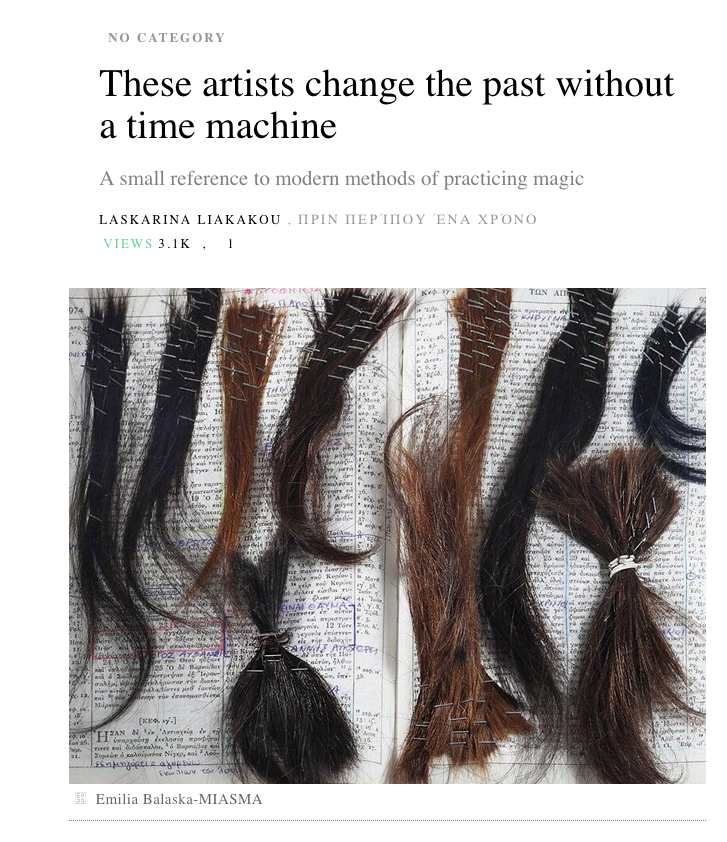
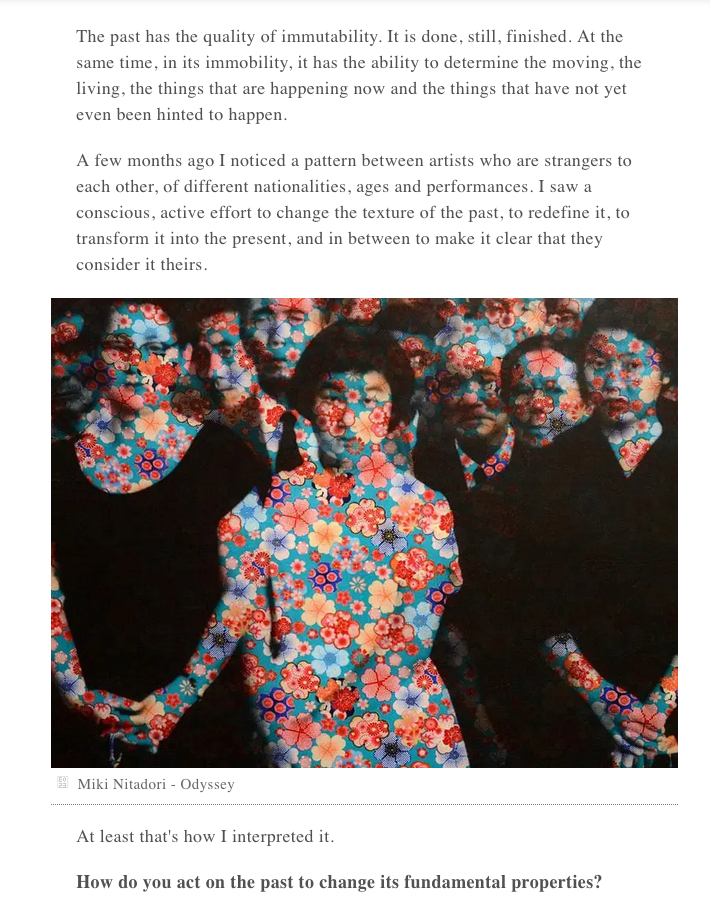
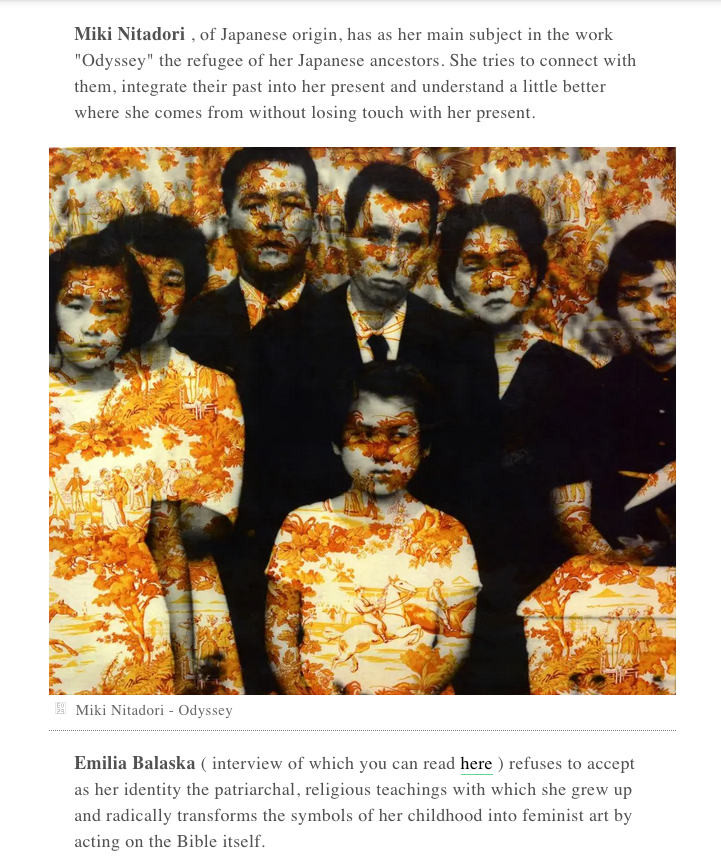
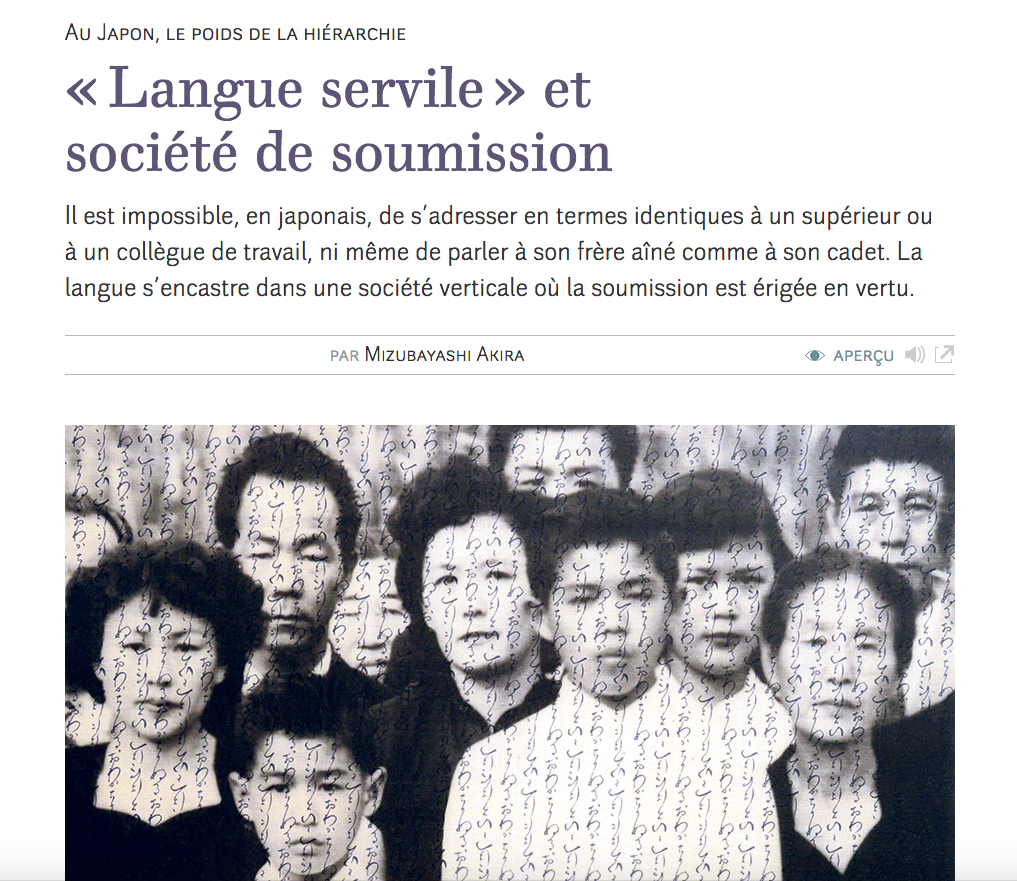
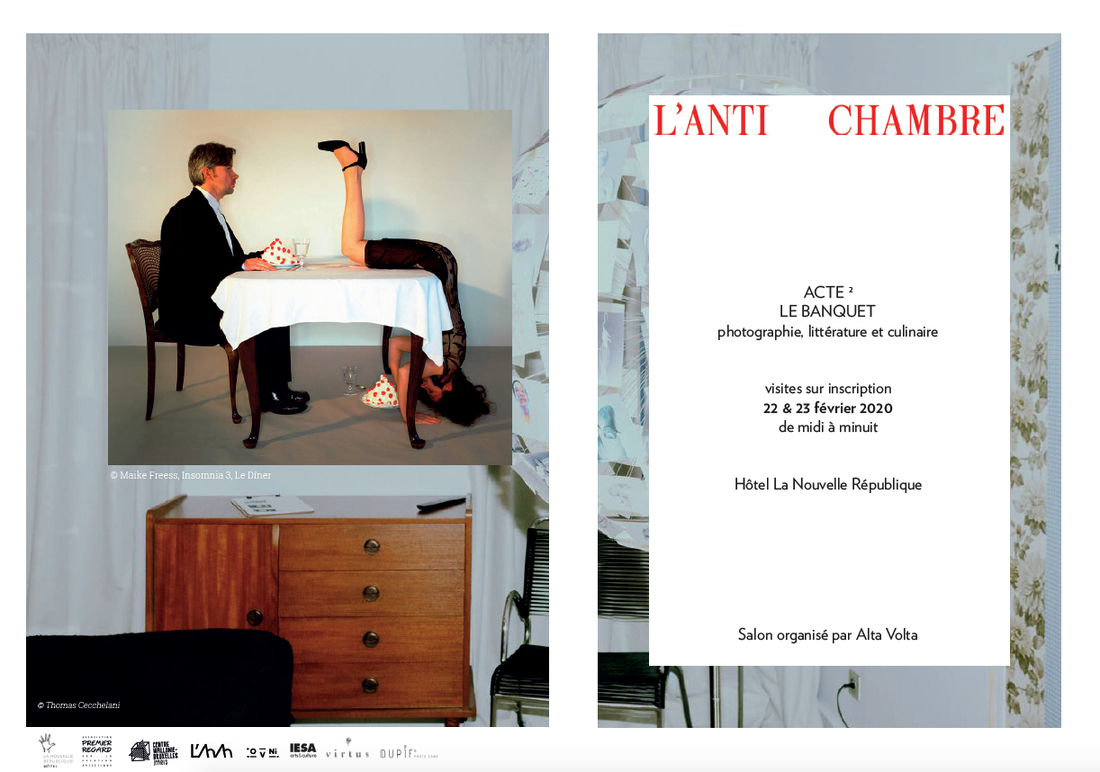
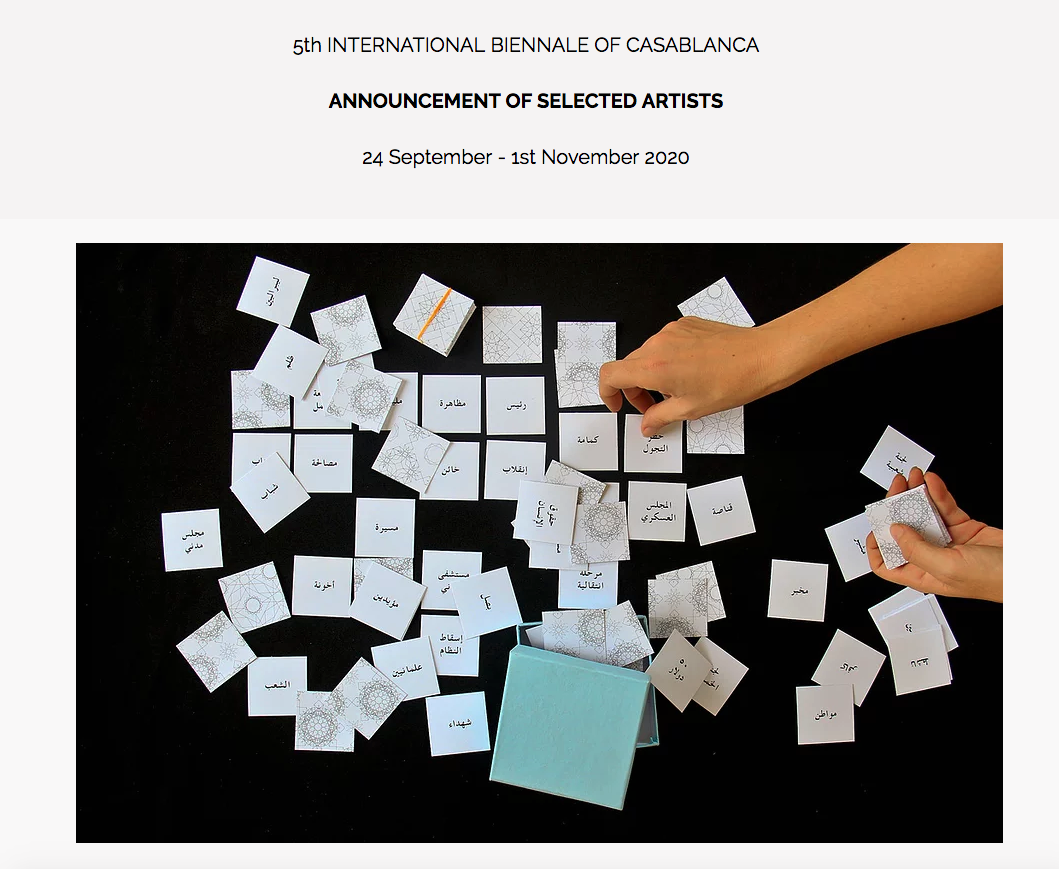
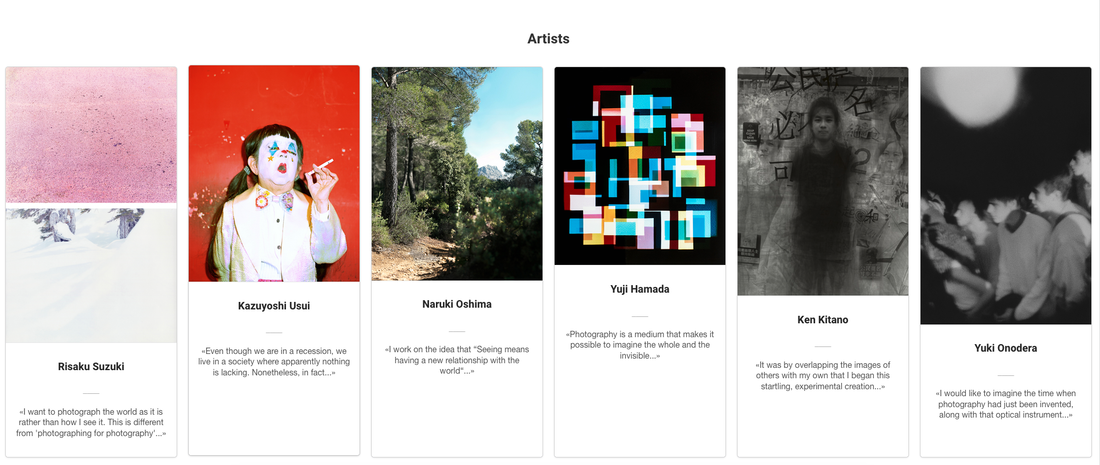
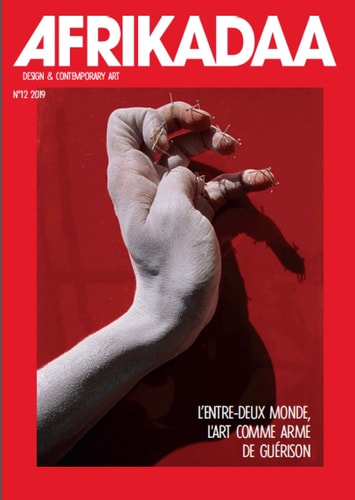
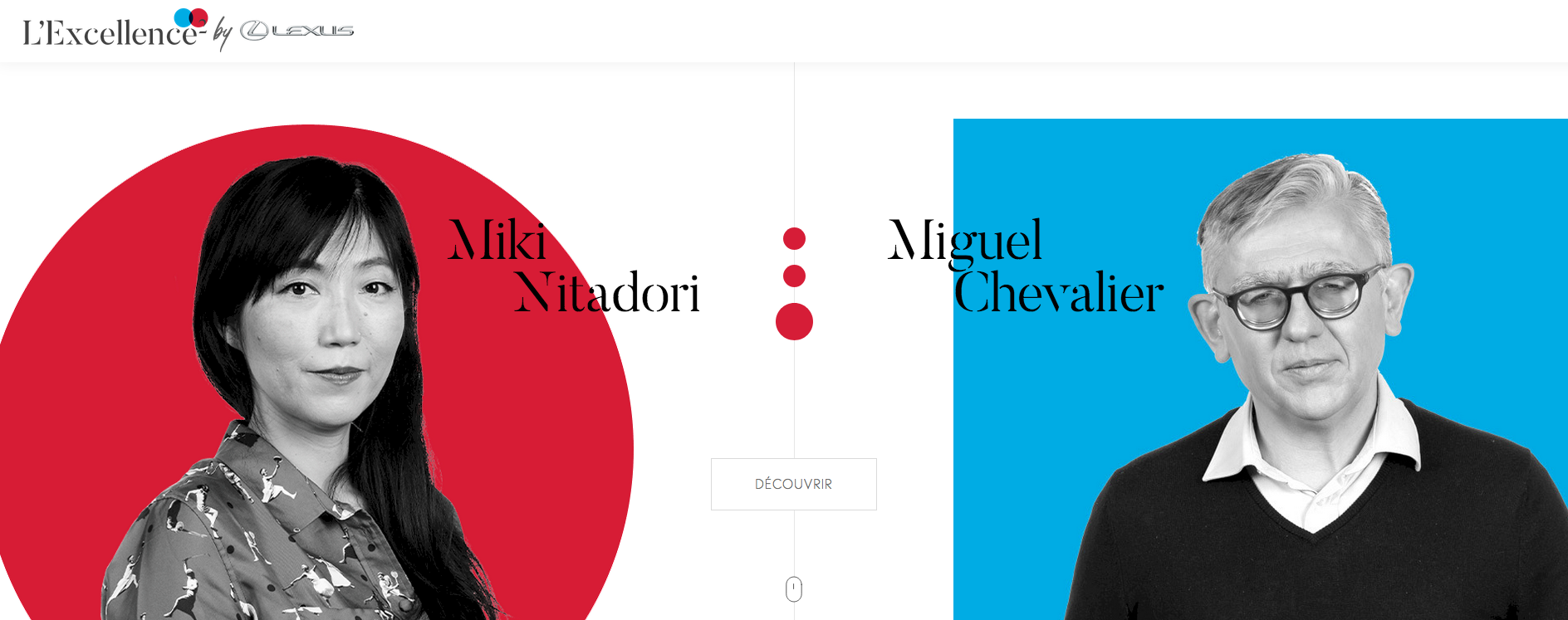
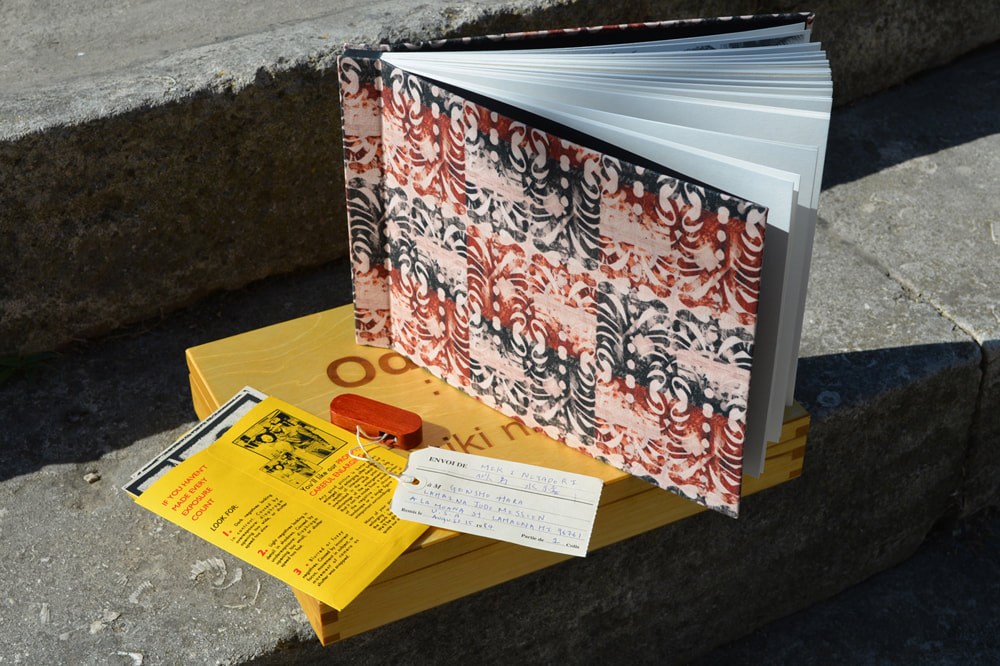
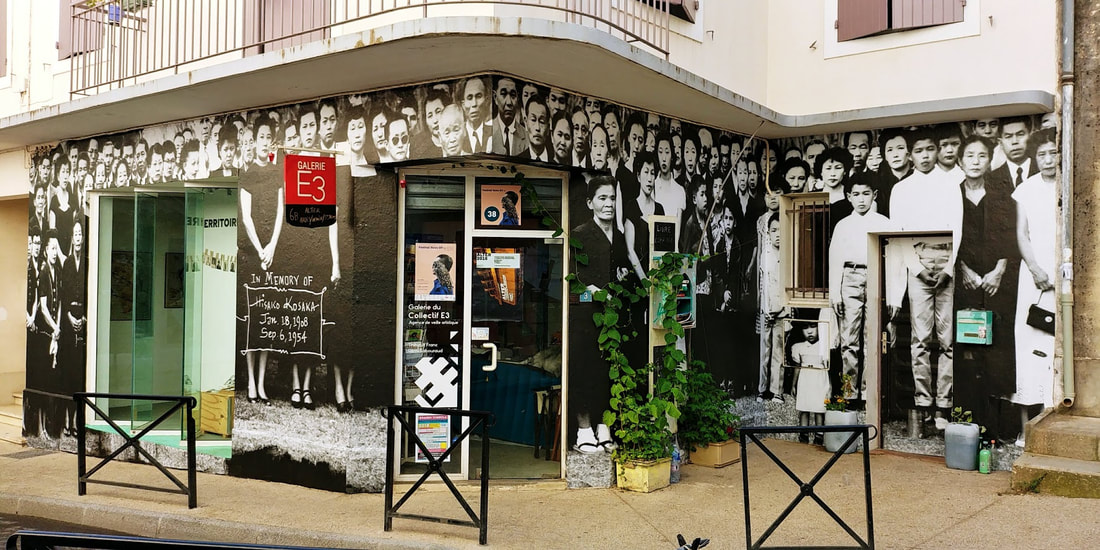
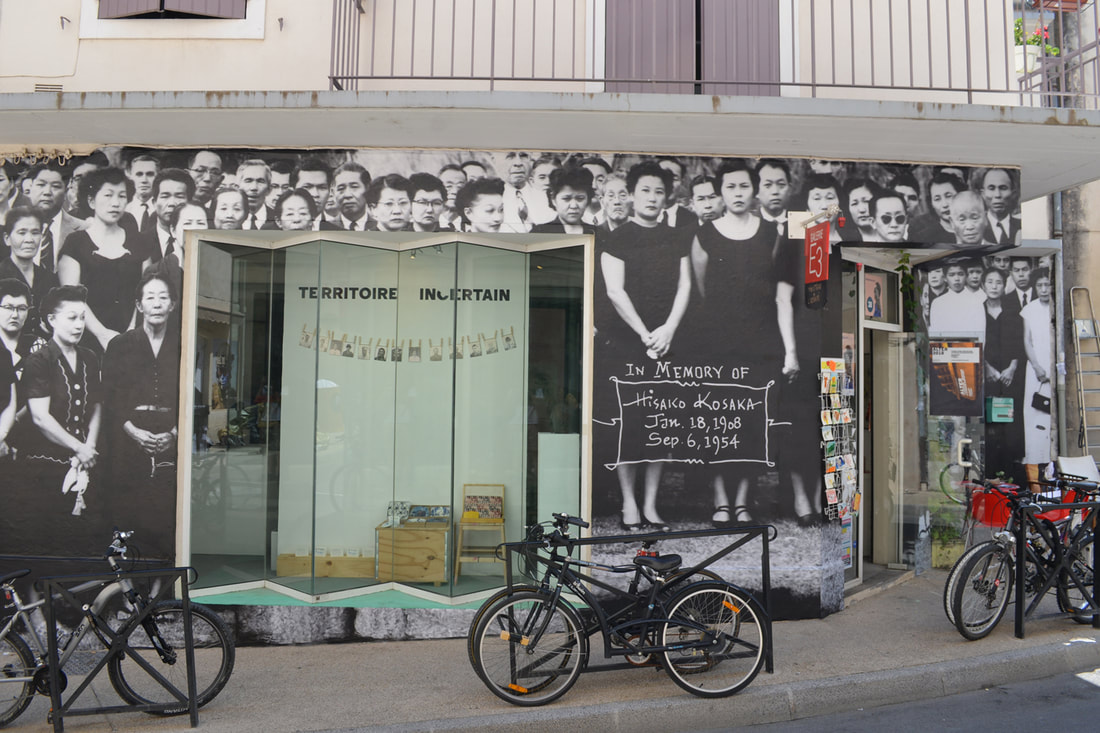
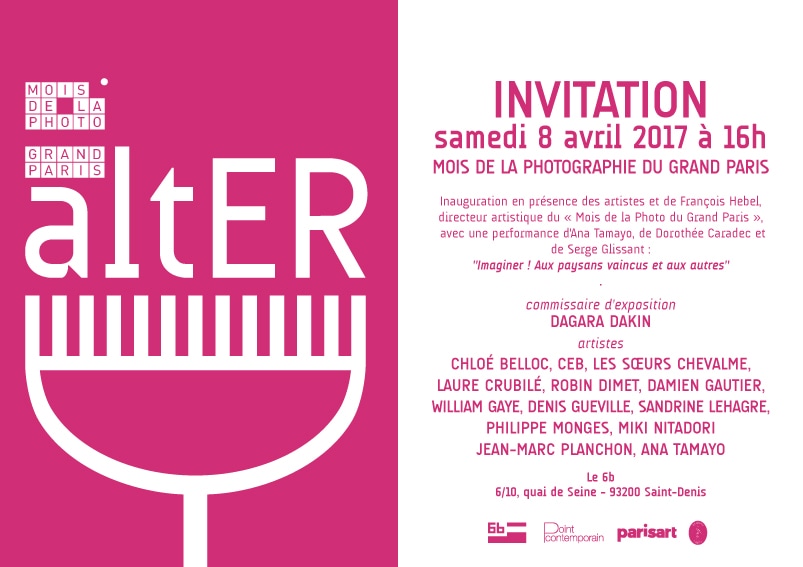
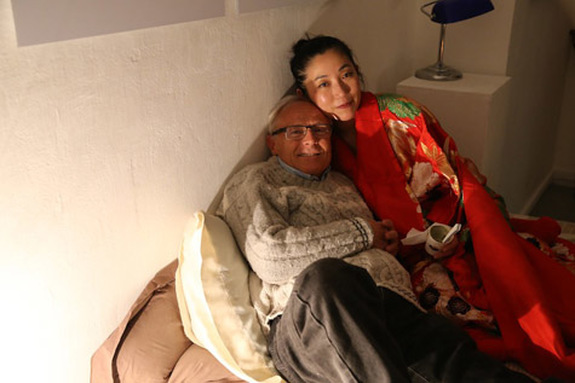
 RSS Feed
RSS Feed